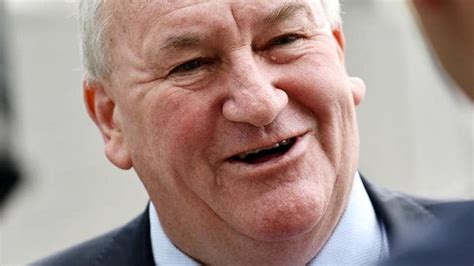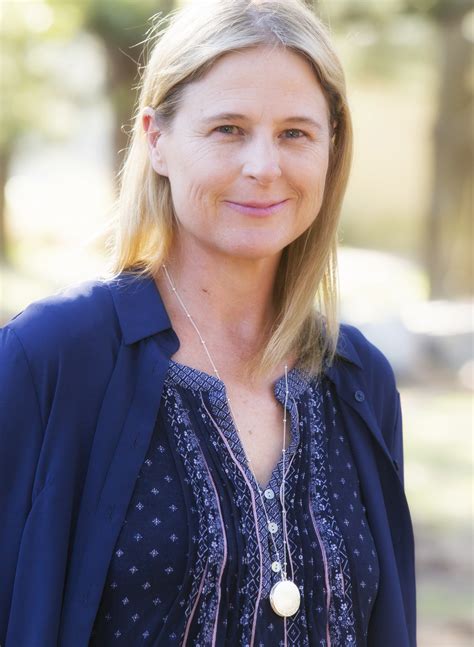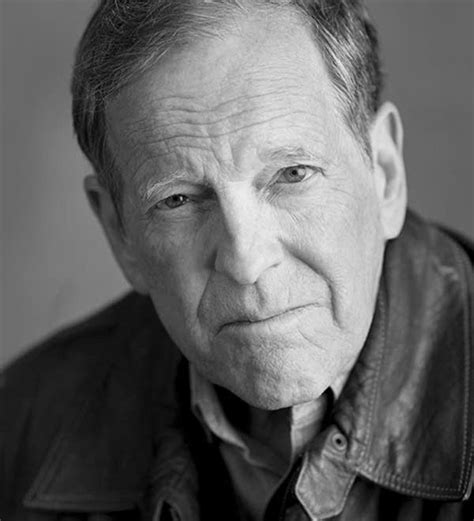A Quote by David Means
Americans are pragmatic; we want quick, clean, simple solutions to vast problems. The paradox is that we're a deeply confessional culture, but we're not often contemplative.
Related Quotes
I think it's a good thing that we can have relatively non-partisan political conversations because I don't think that my premier necessarily should agree with everything the federal NDP says. I don't think she should disagree with everything the federal Conservatives say. I think that Albertans and Canadians as a whole, as I always say, are looking for pragmatic politicians with pragmatic solutions to their problems, and they want the best ideas to move forward, regardless of who has that idea.
Complexity has and will maintain a strong fascination for many people. It is true that we live in a complex world and strive to solve inherently complex problems, which often do require complex mechanisms. However, this should not diminish our desire for elegant solutions, which convince by their clarity and effectiveness. Simple, elegant solutions are more effective, but they are harder to find than complex ones, and they require more time, which we too often believe to be unaffordable
This is what I want you all to do. I want you to open a new document and type up a list of three problems in your life. Not the universe's life - your own. Underneath, type the solutions." "If we know the solutions," said Belle, "they're not problems." "Exactly," said Denny. "You do know the answers to most of your problems. Somewhere deep inside, you know.
The language of the culture also reflects the stories of the culture. One word or simple phrasal labels often describe the story adequately enough in what we have termed culturally common stories. To some extent, the stories of a culture are observable by inspecting the vocabulary of that culture. Often entire stories are embodied in one very culture-specific word. The story words unique to a culture reveal cultural differences.







































